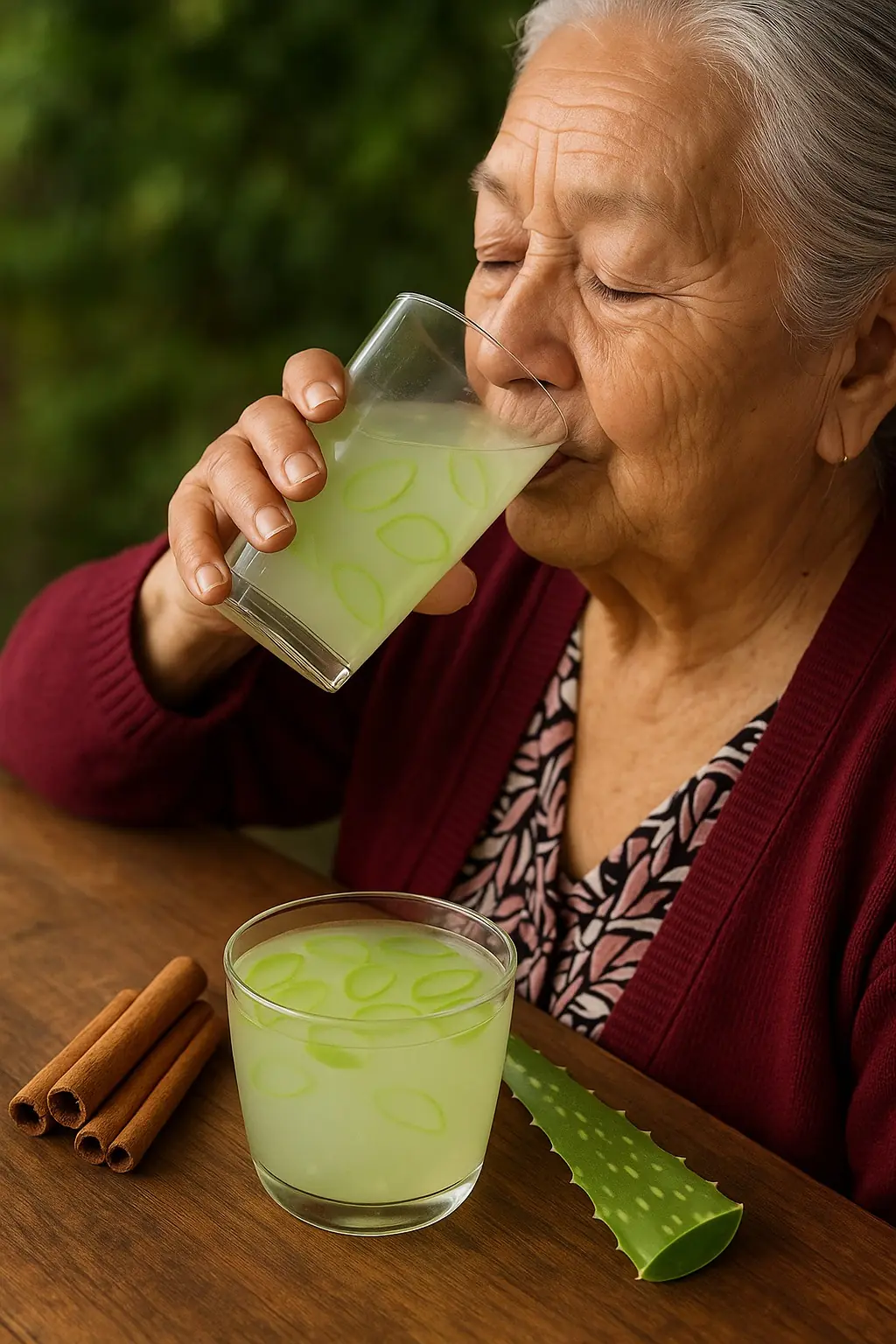
13 Foods That Naturally Boost Collagen Production in Your Body
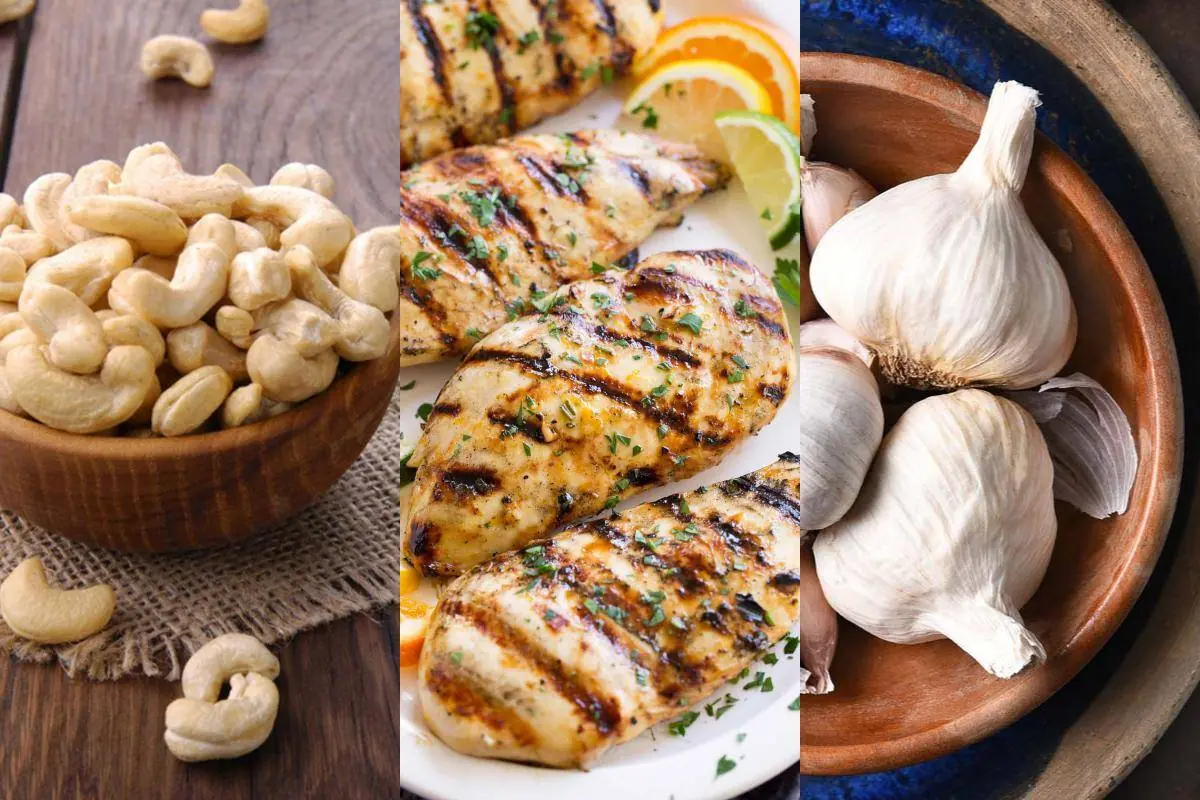
Should You Take Supplements or Get Collagen from Food?
"Your diet plays a surprisingly huge role in how youthful and radiant your skin looks," says certified nutritionist Krista Goncalves. "And it all comes down to collagen."
Collagen is a protein that provides structure, elasticity, and hydration to your skin.
There are several types of collagen, but types 1, 2, and 3 make up the majority in our bodies. As we age, collagen production naturally declines, leading to wrinkles and thinner skin over time.
This explains the surge in collagen supplements—pills, powders, and drinks—being heavily promoted on social media and in stores.
But are these products the best way to boost collagen?
The key difference between supplements and food lies in how efficiently our bodies use the nutrients they provide.
Why You Should Prioritize Collagen-Rich Foods First
"Foods like bone broth contain bioavailable collagen that your body can absorb immediately, making them more effective than supplements," says registered dietitian Carrie Gabriel.
A 2012 review on nutrition and aging also concluded that fruits and vegetables are the safest and healthiest way to improve skin health. Plus, because over-the-counter supplements are largely unregulated, focusing on diet is often the safer option for collagen support.
Eating collagen-rich foods or foods that promote collagen production helps provide your body with the essential amino acids (building blocks) needed for skin repair and elasticity.
According to beauty and nutrition expert Katey Davidson, three key amino acids play a vital role in collagen synthesis: proline, lysine, and glycine.
13 Best Foods to Boost Natural Collagen Production
1. Bone Broth
While some studies suggest bone broth may not be the most reliable source of collagen, it remains one of the most popular traditional remedies for skin and joint health.
Made by simmering animal bones, bone broth is believed to extract collagen, minerals, and amino acids into the liquid.
"Because bone broth is made from bones and connective tissue, it contains calcium, magnesium, phosphorus, glucosamine, chondroitin, amino acids, and more," says Davidson.
For higher-quality bone broth, try making it at home with bones from trusted sources like local butchers or organic farms.
2. Chicken
Ever wondered why many collagen supplements are sourced from chicken?
That’s because poultry contains a high amount of connective tissue—which means it's naturally rich in collagen. If you've ever carved a whole chicken, you’ve likely noticed the connective tissues holding the meat together.
Some arthritis treatments even use chicken cartilage and neck as sources of collagen.
3. Fish & Shellfish
Like land animals, fish and shellfish have bones and ligaments made of collagen.
Some claim marine collagen is one of the most bioavailable (easiest to absorb) forms of collagen.
However, while eating fish like salmon or tuna can help increase collagen levels, most of the collagen is found in parts we don’t usually eat—such as the skin, scales, and eyes.
"We tend to avoid the fish parts that contain the most collagen, like the head and scales," says Gabriel.
In fact, researchers use fish skin as a source of collagen peptides for supplements.
4. Egg Whites
Although eggs don’t contain connective tissue, their egg whites are rich in proline—one of the essential amino acids needed for collagen production.
5. Citrus Fruits
Vitamin C is crucial for collagen synthesis because it helps form pro-collagen, the body’s precursor to collagen.
Citrus fruits like oranges, grapefruits, lemons, and limes are loaded with vitamin C.
To boost collagen naturally, try adding grapefruit to your breakfast or tossing orange slices into a salad.
6. Berries
While citrus fruits get most of the vitamin C spotlight, berries are another excellent source of this skin-enhancing nutrient.
Strawberries actually contain more vitamin C than oranges per ounce! Other berries like blueberries, raspberries, and blackberries are also packed with vitamin C.
"Berries are also high in antioxidants, which protect the skin from damage," says Davidson.
7. Tropical Fruits
Fruits like mango, kiwi, pineapple, and guava are all loaded with vitamin C, making them fantastic for collagen production.
Bonus: Guava also contains a small amount of zinc, another key nutrient in collagen synthesis.
8. Garlic
Garlic isn’t just a flavor booster for your dishes—it also supports collagen production.
"Garlic is rich in sulfur, a trace mineral that helps synthesize and prevent the breakdown of collagen," says Gabriel.
However, you’d need a lot of garlic to see significant benefits.
"If you love garlic, just double whatever amount the recipe calls for!" she adds.
9. Leafy Greens
We all know leafy greens are essential for a healthy diet—but they may also boost collagen production.
Vegetables like spinach, kale, Swiss chard, and lettuce get their vibrant color from chlorophyll, which has antioxidant properties.
"Some studies suggest that consuming chlorophyll increases the precursor to collagen in the skin," says Gabriel.
10. Beans
Beans are protein-rich and packed with amino acids needed for collagen synthesis.
They’re also high in copper, another essential nutrient that plays a role in collagen production.
11. Cashews
Next time you grab a handful of nuts, go for cashews!
Cashews contain both zinc and copper, two minerals that help boost collagen production naturally.
12. Tomatoes
Tomatoes are an underrated source of vitamin C—a medium-sized tomato provides up to 30% of your daily vitamin C needs!
They’re also rich in lycopene, a powerful antioxidant that protects the skin from damage.
13. Bell Peppers
While adding tomatoes to your meals, don’t forget bell peppers!
These vitamin C-packed veggies also contain capsaicin, a natural anti-inflammatory compound that may help combat signs of aging.
Sugar & Refined Carbs Can Destroy Collagen
To maximize your body’s collagen production, focus on including the collagen-boosting foods listed above in your daily meals.
If you don’t enjoy all these foods, remember: there’s no single source of collagen. A balanced diet rich in protein—whether from plant or animal sources—can help provide the essential amino acids needed for collagen synthesis.
Other key nutrients for collagen production include zinc, vitamin C, and copper, so incorporating fruits and vegetables high in these vitamins and minerals can enhance your skin’s elasticity and glow.
For even better results, avoid excess sugar and refined carbohydrates, which cause inflammation and break down collagen.
Final Thoughts
Aging is inevitable, but what you eat plays a major role in how gracefully your skin ages. Load up on these collagen-boosting foods, stay hydrated, and maintain a balanced lifestyle to keep your skin looking firm, youthful, and radiant! ✨
News in the same category


Reclaim Youthful Energy with Lemon, Ginger, and Honey
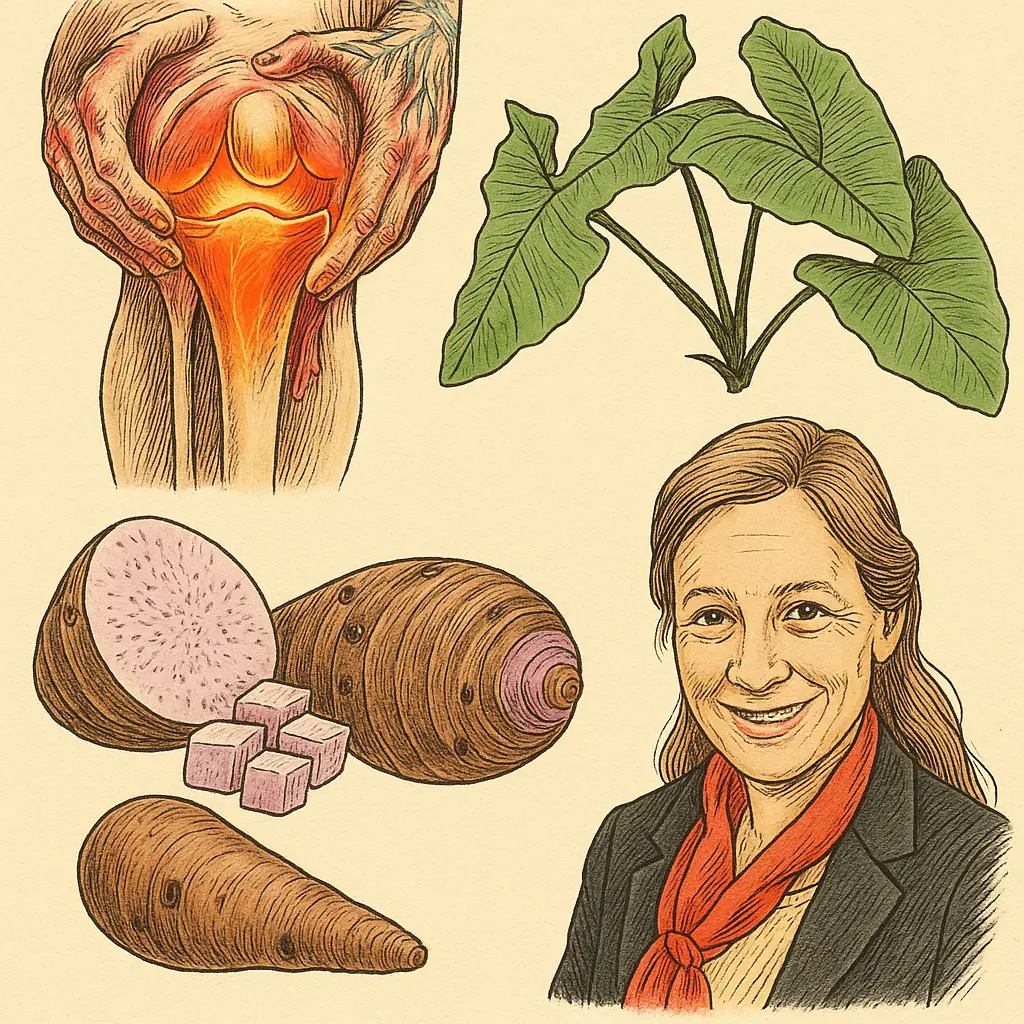
Taro Root: The Underrated Superfood Hiding in Plain Sight
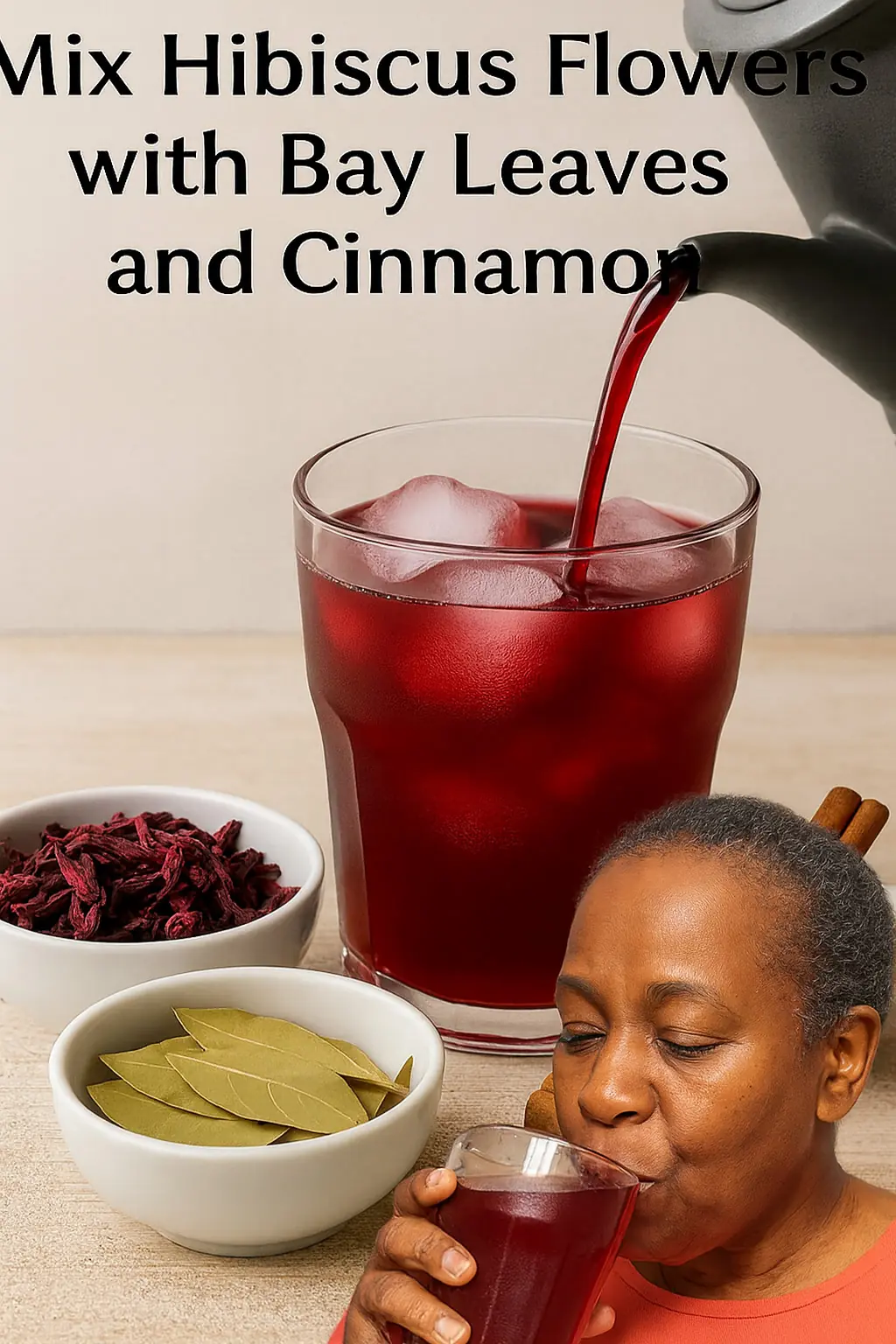
Mix Hibiscus Flowers with Bay Leaves and Cinnamon: Why Women Should Try This Tea
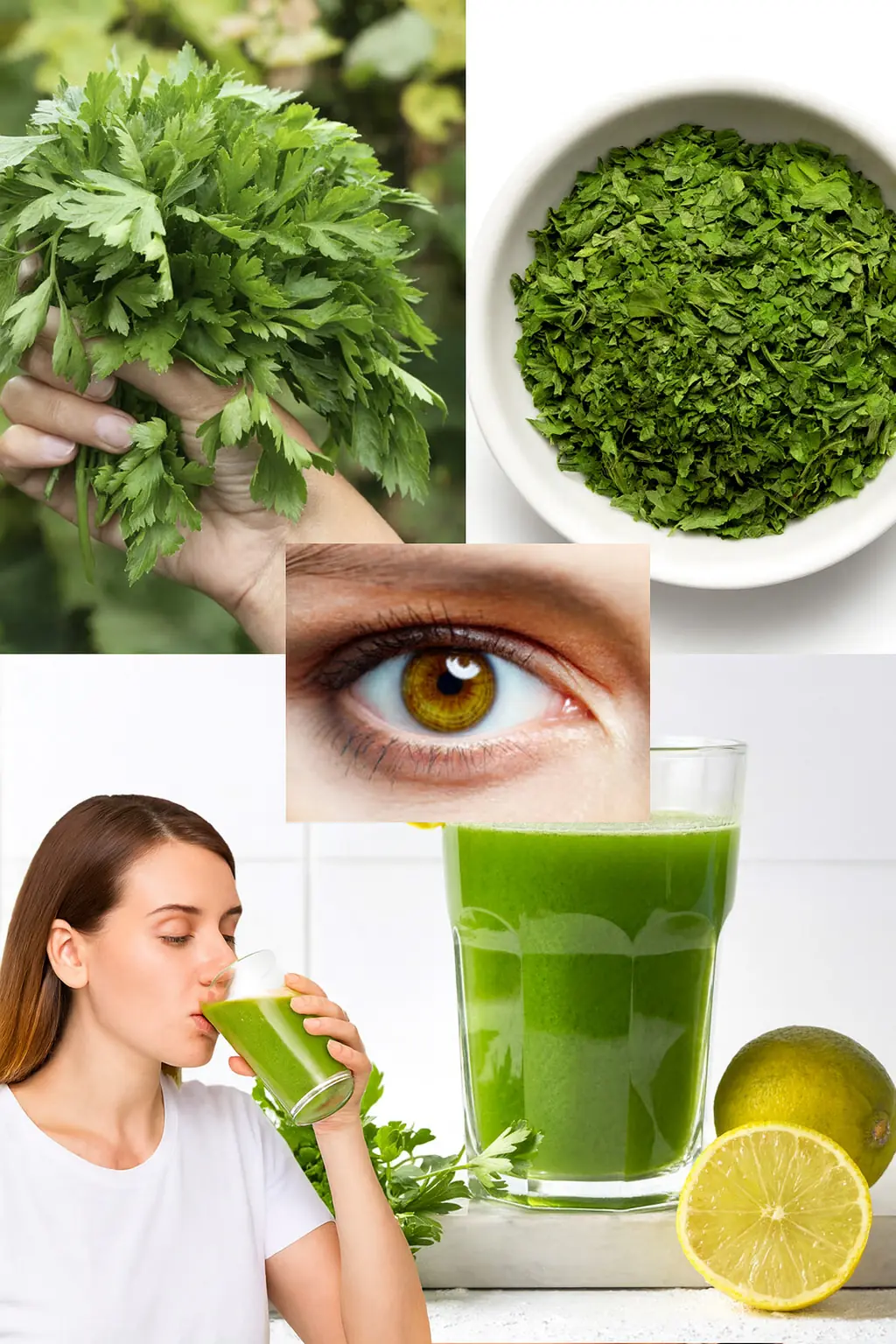
Essential Leaves for Eye Health: Nature’s Secret to Sharper Vision
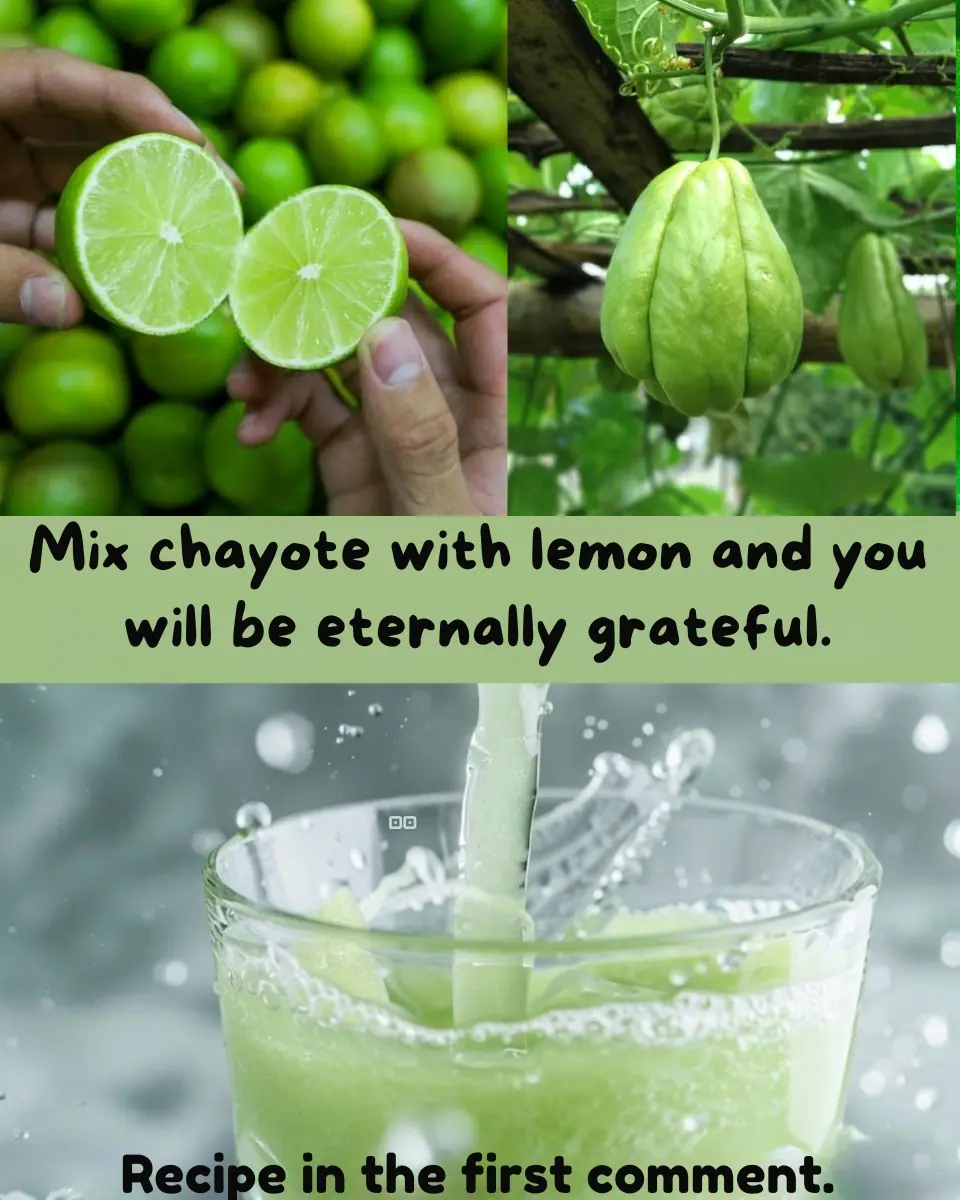
Chayote Benefits: Circulation, Anemia & Joint Pain Relief
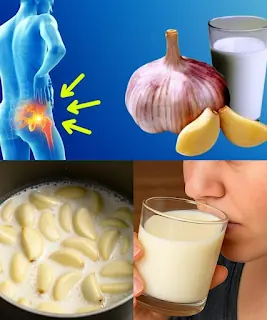
Turmeric Milk: The Ancient Healing Drink Your Modern Life Needs

Hungarian Mushroom Soup
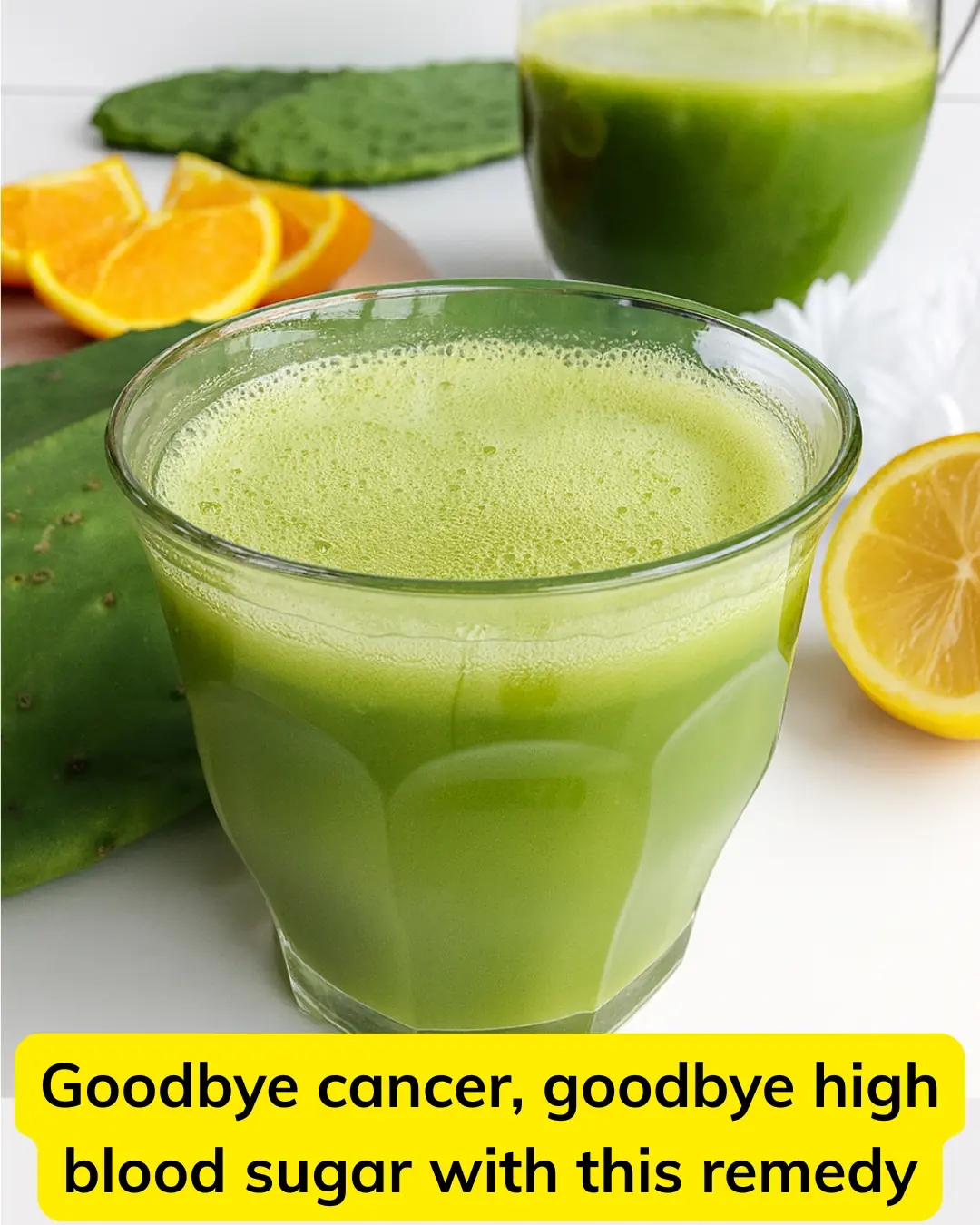
Lemon and Nopal: A Refreshing Duo for Natural Wellness

Unlock the Secret to Vibrant Health: 8 Drinks That Skyrocket Your Blood Circulation
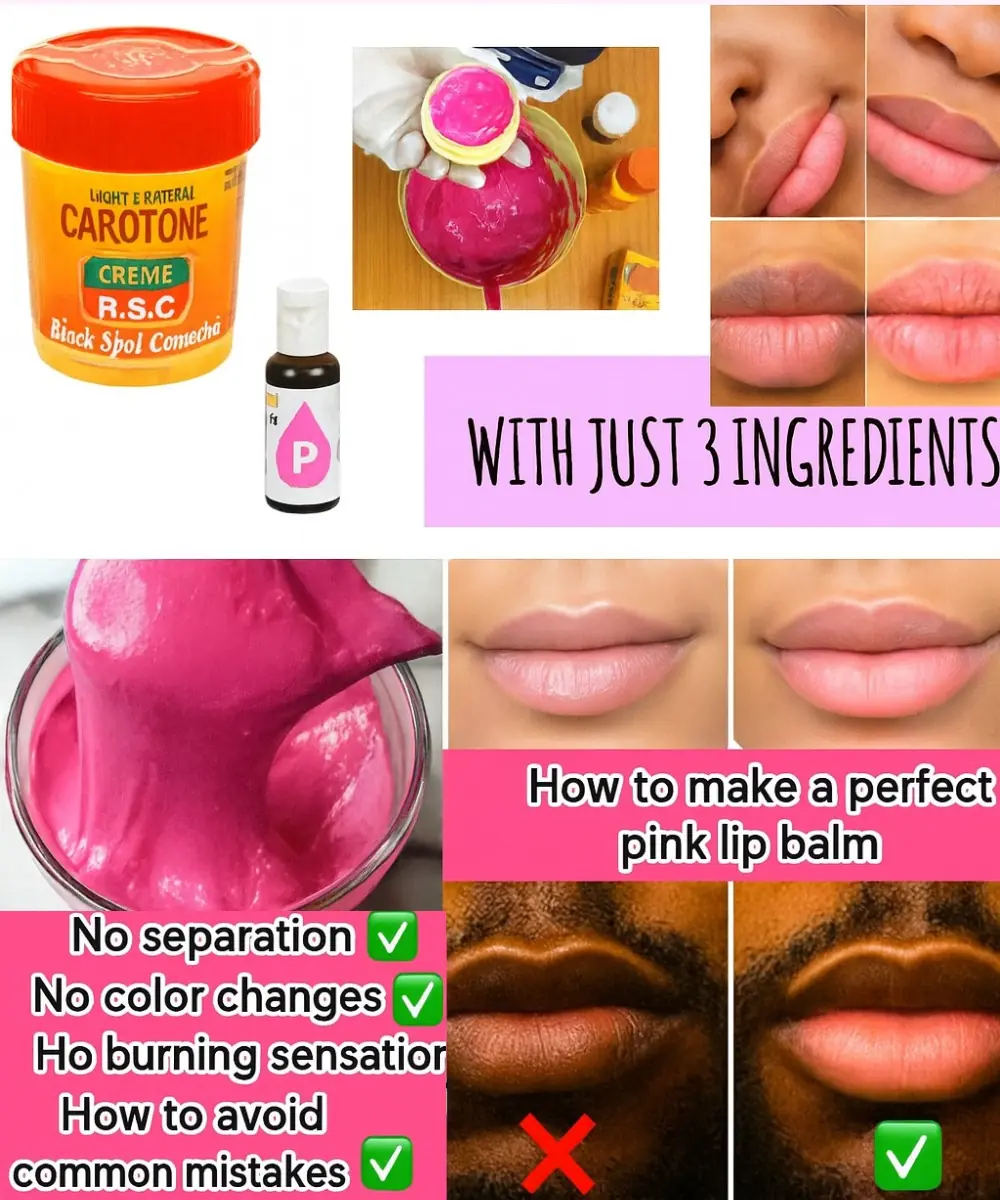
Craft Your Own Pink Lip Balm: Unlock Soft, Vibrant Lips That Steal the Show!
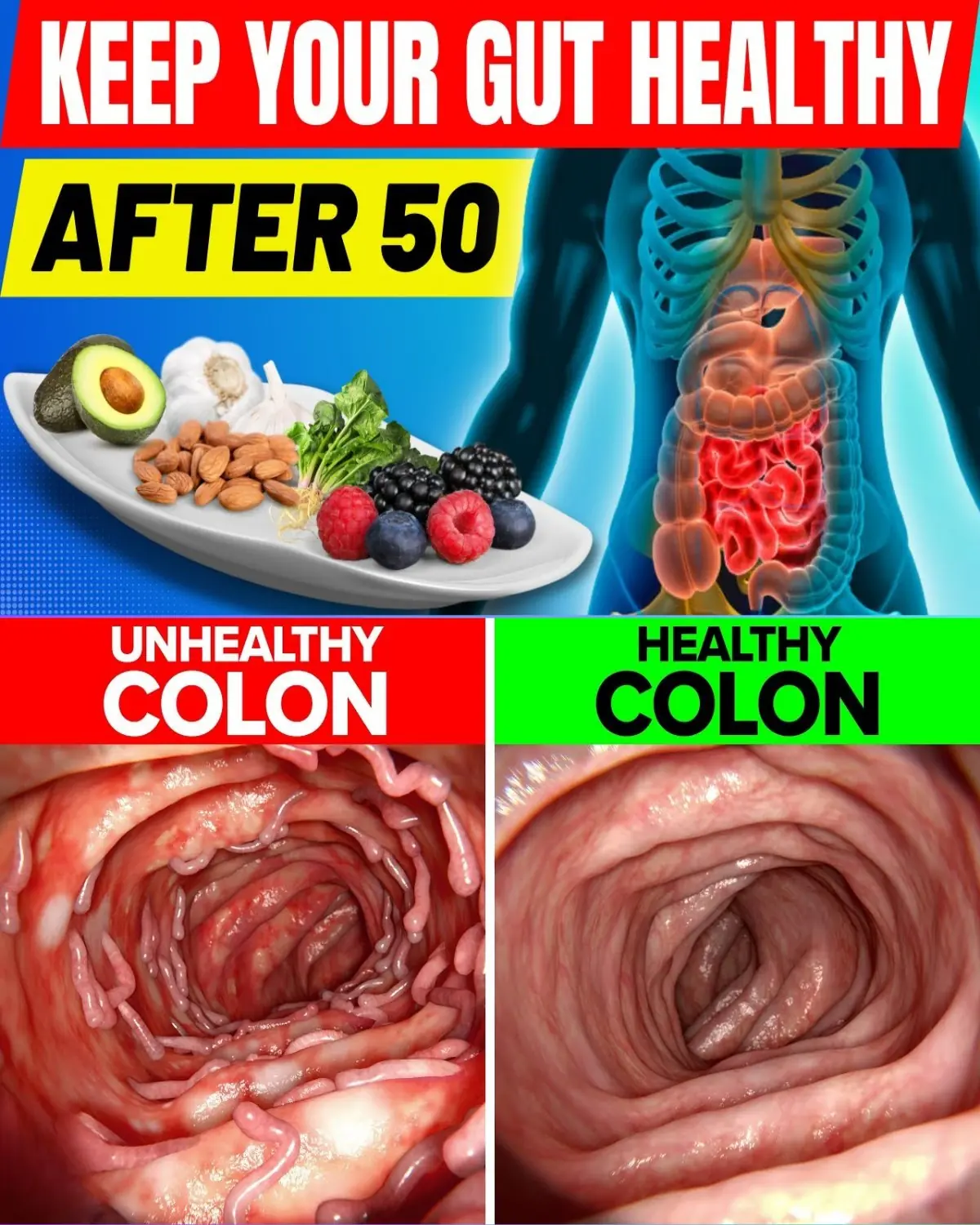
14 Life-Changing Habits to Keep Your Colon Thriving Naturally
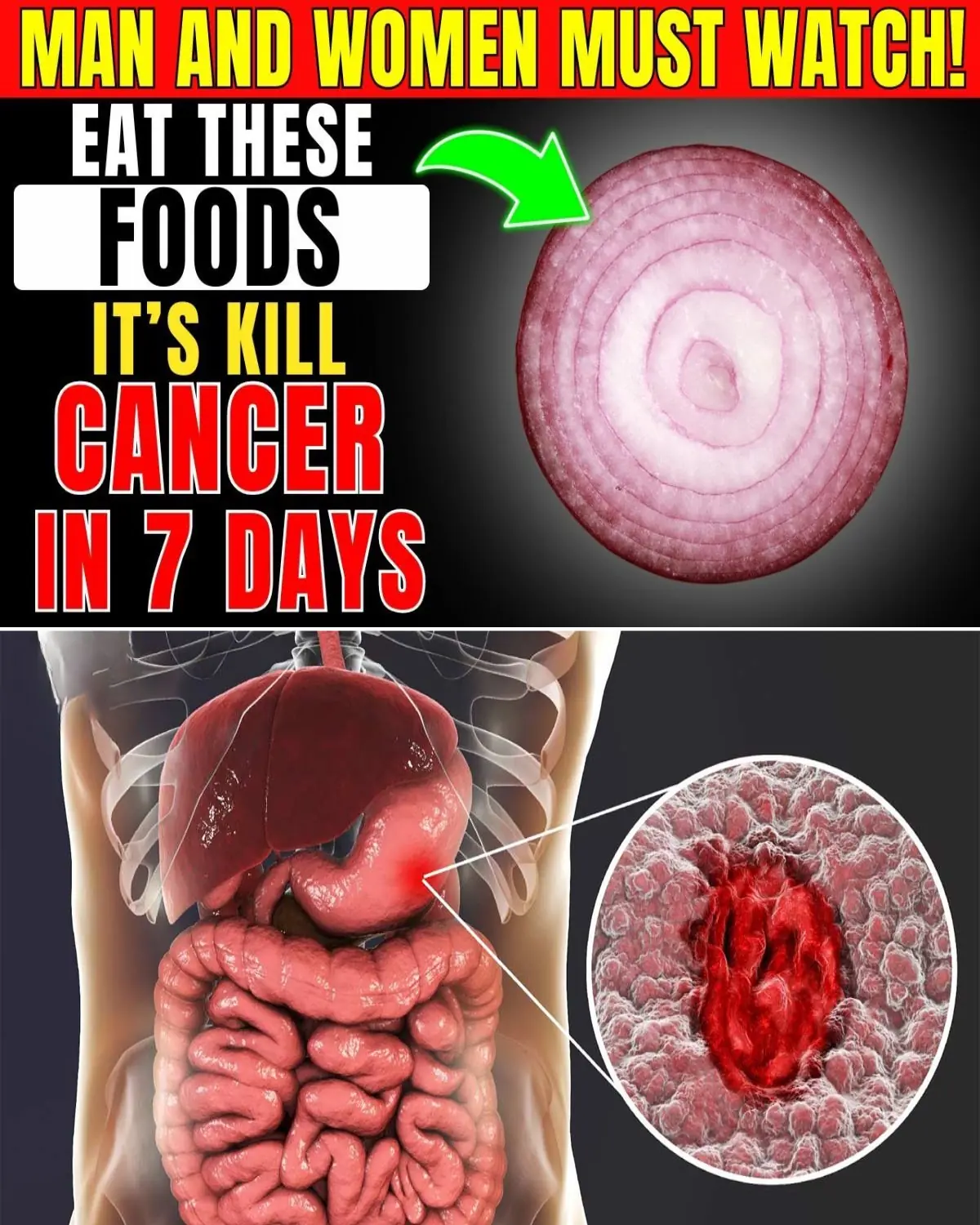
10 Powerful Foods That Could Help Fight Cancer Naturally
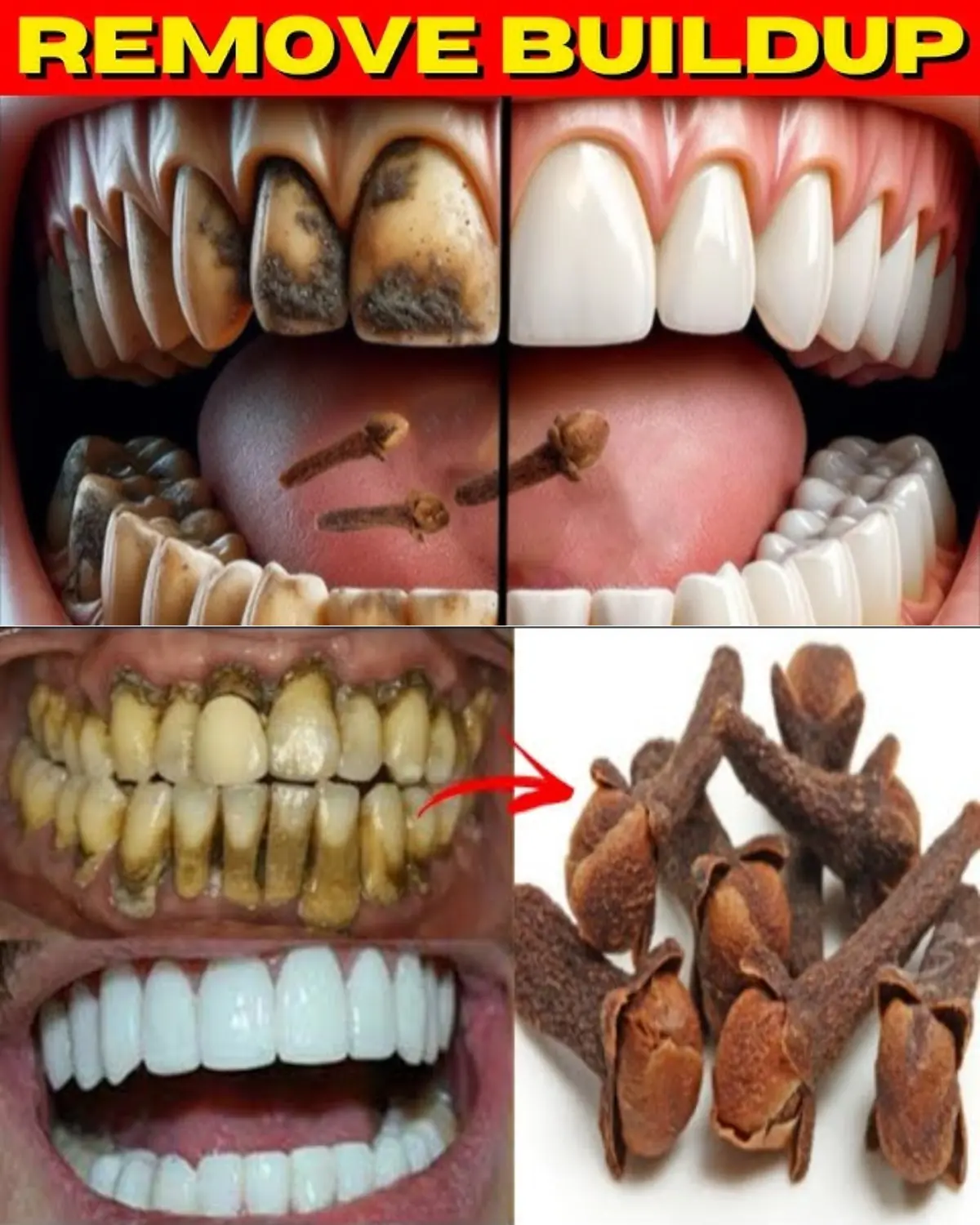
Discover Clove’s Hidden Power for a Healthier Smile
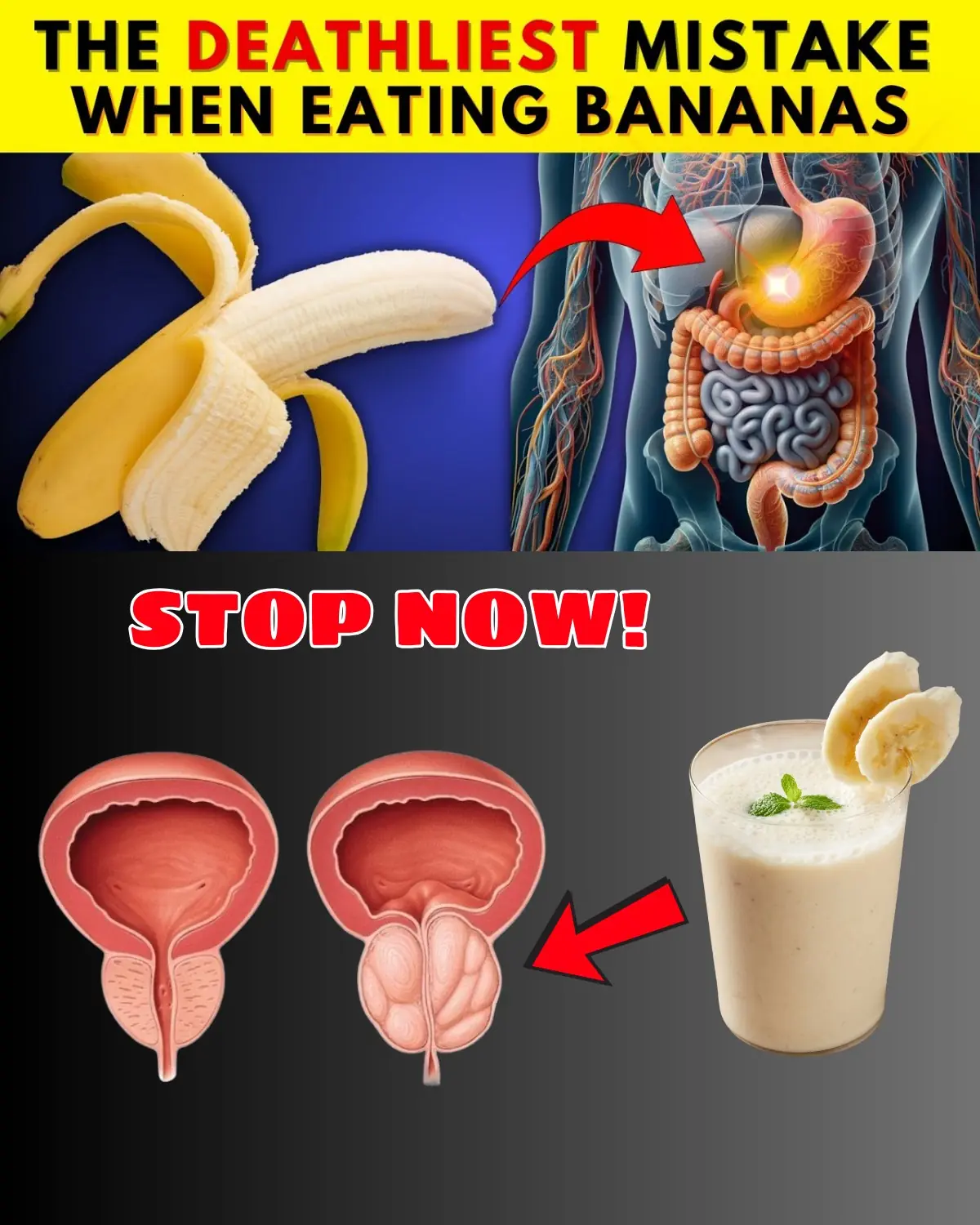
8 Serious Mistakes You’re Making When Eating Bananas – Stop Now!

10 Surprising Baby Oil Glow-Up Hacks You Need to Try

Could Your Body Be Warning You of a Stroke? 10 Subtle Signs You Must Know
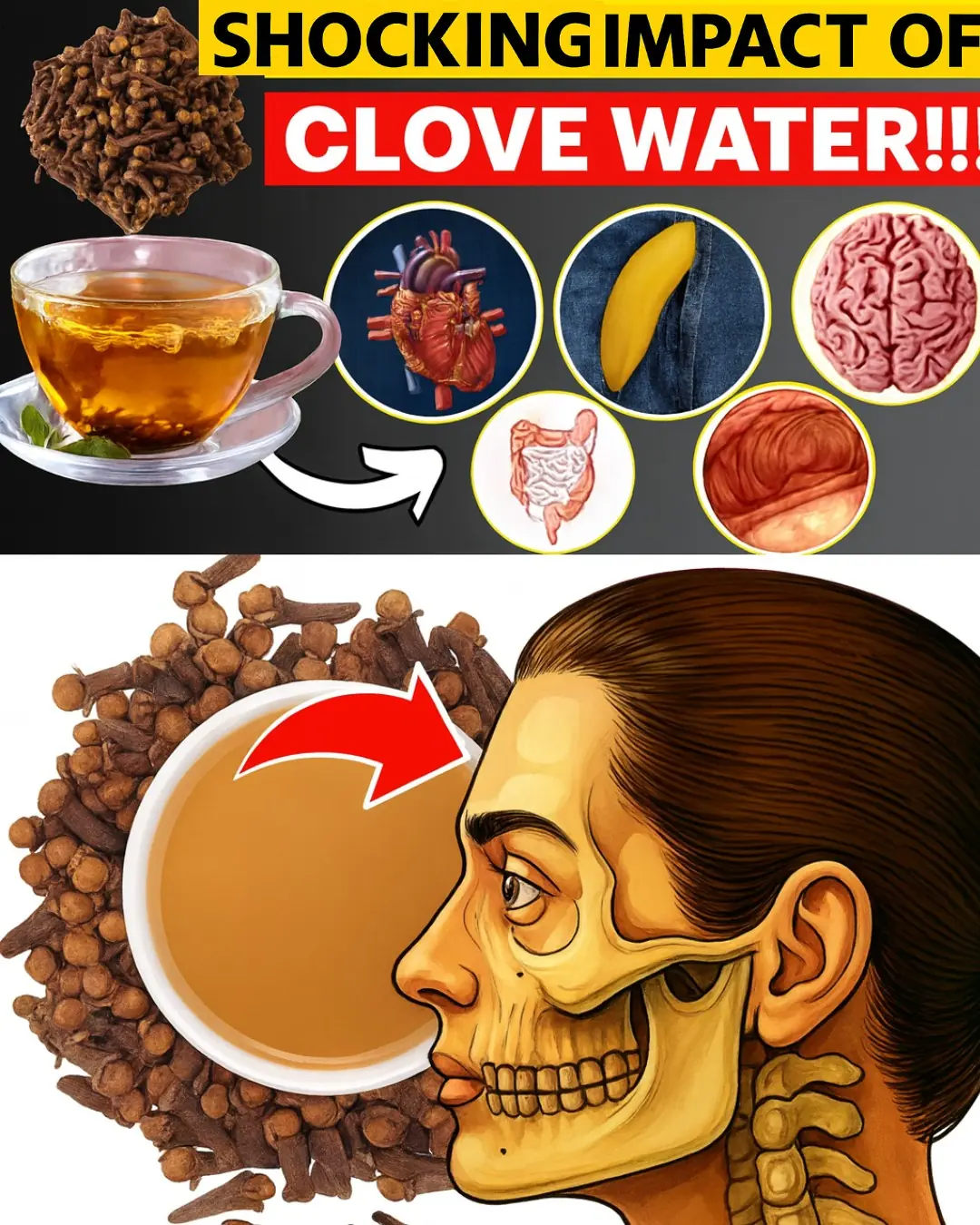
Unlock the Nightly Magic of Clove Water: 15 Hidden Health Benefits You Need to Know
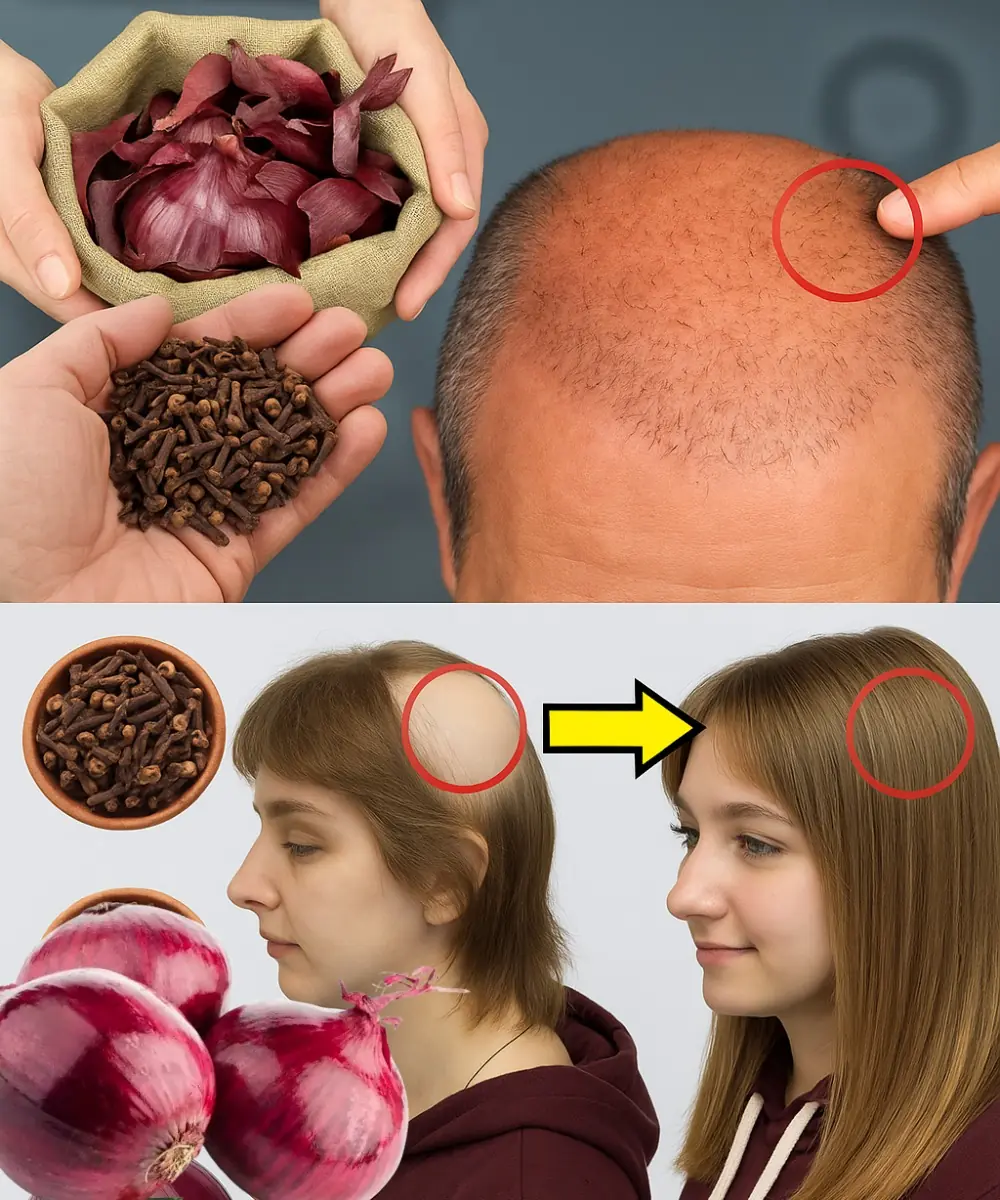
Discover the Hidden Power of Cloves and Onion Peels for Stunning Hair Growth
News Post
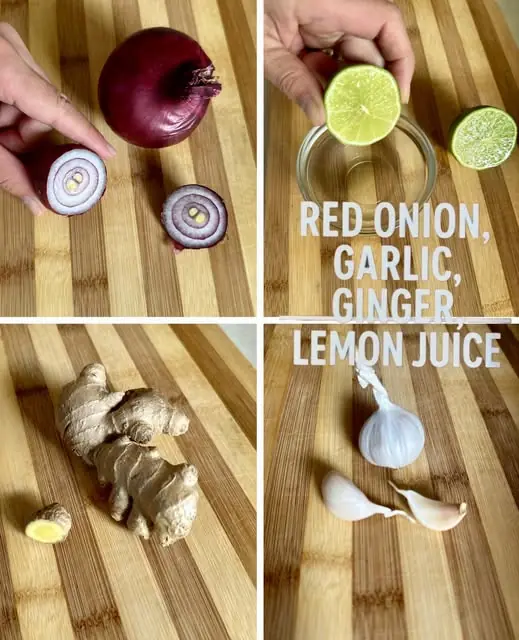
Ancient Remedy: Red Onion, Ginger & Garlic Syrup

What’s the Purpose of That Tiny Hole in a Safety Pin?

9 Warning Signs of Diabetes You Might Be Overlooking
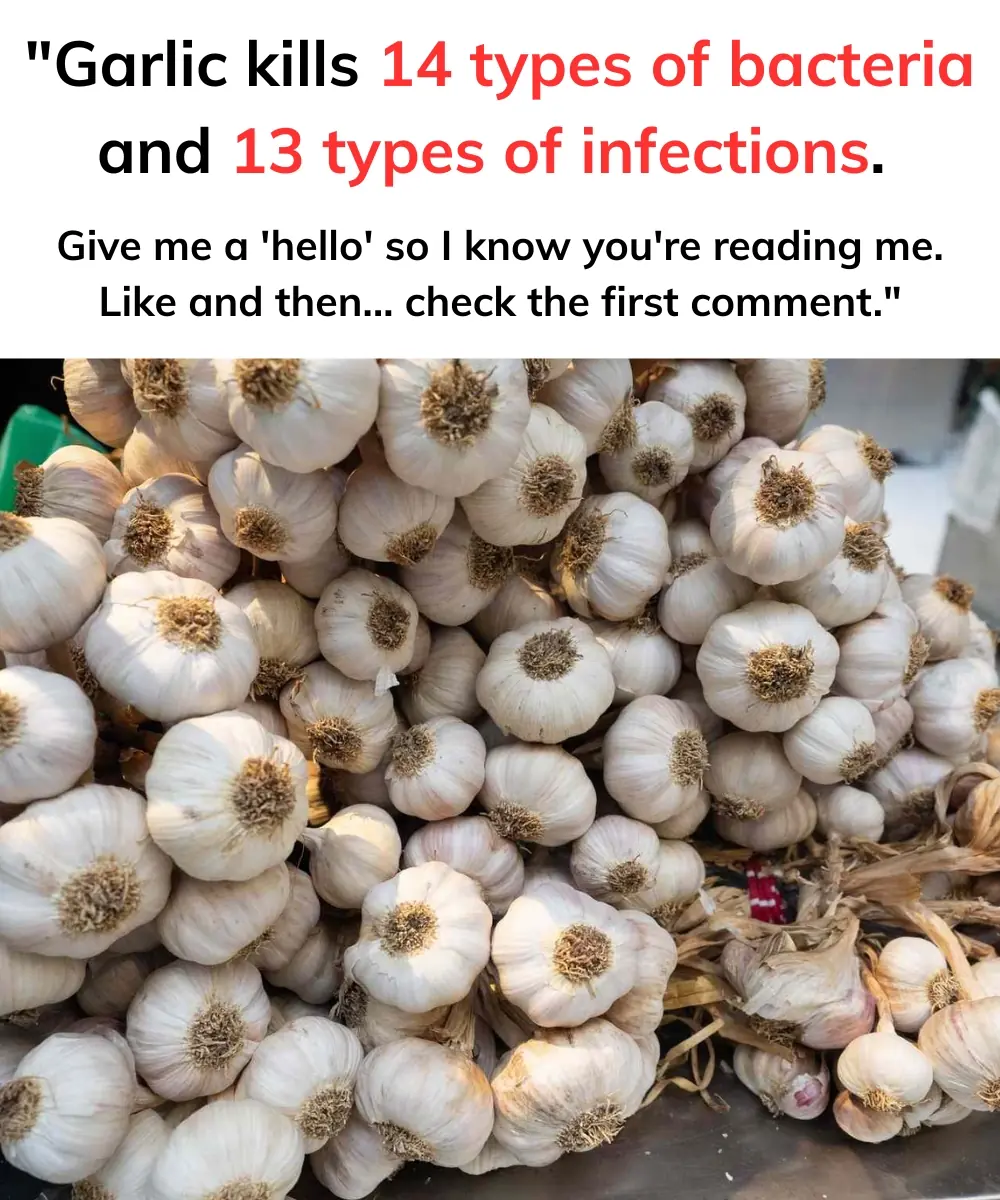
Garlic and Clove: Two Treasures for Your Health
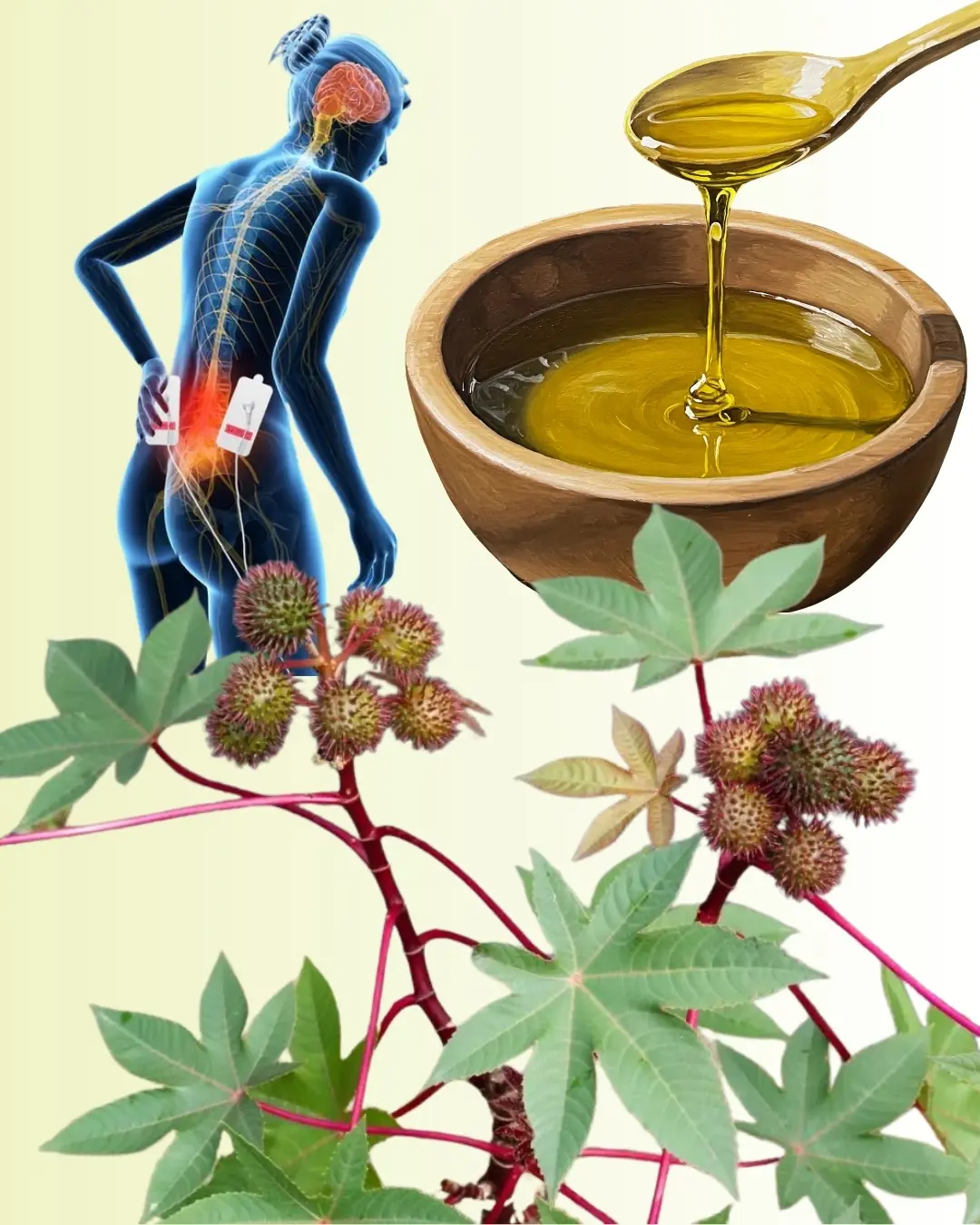
Discover the Hidden Gold in Your Garden: The Amazing Power of Castor Leaves

Trump admin live updates: Bondi deploying DOJ agents to 'under siege' ICE facilities
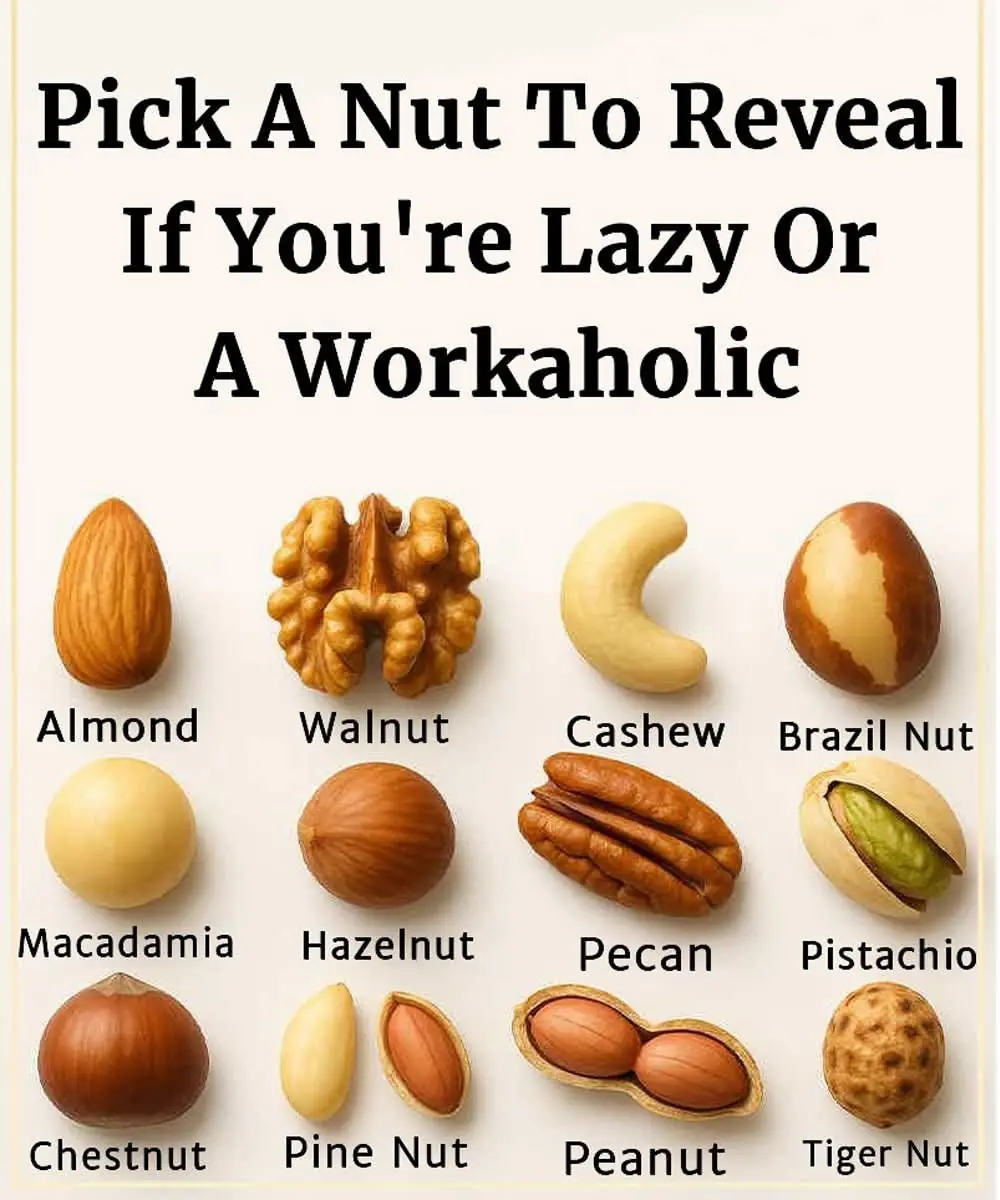
Pick a nut and uncover if you’re lazy or a workaholic

Upcoming Astronomical Events in October 2025: Comets, Meteors, and Planetary Highlights

Say Goodbye to Cancer and Vision Problems with This Powerful Homemade Remedy

Reclaim Youthful Energy with Lemon, Ginger, and Honey

Taro Root: The Underrated Superfood Hiding in Plain Sight

Mix Hibiscus Flowers with Bay Leaves and Cinnamon: Why Women Should Try This Tea

Essential Leaves for Eye Health: Nature’s Secret to Sharper Vision

Chayote Benefits: Circulation, Anemia & Joint Pain Relief

Turmeric Milk: The Ancient Healing Drink Your Modern Life Needs

Kawasaki’s CORLEO: A Rideable, Hydrogen-Powered Wolf Robot

Heavy Metals in Lipsticks: What You Should Know About Cadmium Risk

Germany’s Dual Harvest Farms: Growing Crops and Solar Power Together

This Rice-Sized Pacemaker Heals the Heart, Then Disappears
